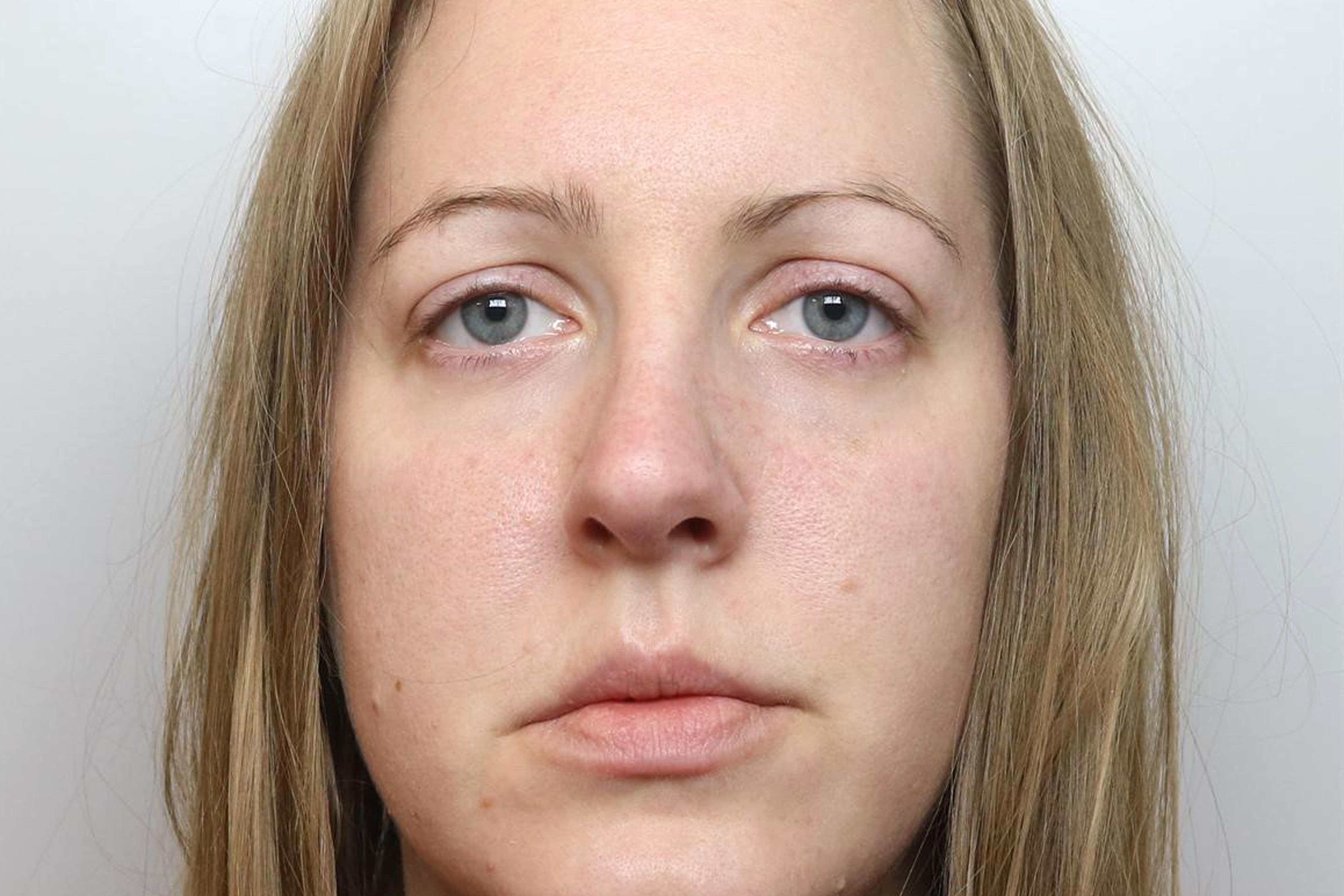As a psychologist, I get why Lucy Letby’s friends are standing by her
A fundraiser to appeal the killer nurse’s guilty verdict? Friends saying they don’t believe she did it? Naive, stupid, biased, blinkered? Not necessarily, says Dr Jessica Taylor. Standing by loved ones who have done horrific things is more common than you think…


Lucy Letby’s friend is standing by her, and has said that she will stand by her until she hears a confession from her own mouth. Meanwhile, a fundraiser has been started to appeal the nurse’s guilty verdict for murdering seven babies and attempting to kill six others, claiming her conviction “may represent the greatest miscarriage of justice the UK has ever witnessed”. Onlookers might call Letby’s supporters naive, stupid, biased or blinkered – but standing by people who have committed horrific abuses and violence is not only common, it’s the norm.
In fact, it is much rarer for an abusive person to lose their entire support network when they commit a serious crime. Whether it’s a person who has committed murder, rape, child abuse, or domestic abuse, the perpetrator will often have people who fiercely defend them and stand by them no matter the cost – and no matter the evidence.
So why do we do it? As a psychologist, I see this combination of biases and social narratives play out all the time. One of the most powerful is the false portrayal of criminals as “monsters”, “weirdos”, “social rejects”, grotesque “thugs”, “antisocial loners” and “violent psychopaths”. But this is not always the case – far from it.
Millions of ordinary people commit crime every day, most of which goes undetected. For example, one in five British adults report being abused in childhood, which means it’s happening much more often than you might think. You can’t pick them out in a crowd. You’re actually very likely to be surrounded by abusive and violent people. You might never find out which ones they are.
Clearly, thousands of violent and abusive offences every year cannot all be committed by ugly caricatures, loners and supervillains. They are being committed by our brothers and sisters, our mums and dads, our partners and our best friends. They are being committed by people we like and love. Our teachers, police officers, nurses, therapists. People we trust. People we enjoy being with.
It benefits us psychologically to “other” those who commit the most heinous crimes. It’s one of the reasons you will find people calling murderers “psychopaths” and “evil”. It helps us to dehumanise them. It brings us some sort of comfort – thankfully, we tell ourselves, they are not “like us”.
This natural bias we all have underpins the shock we experience when a murderer turns out to be a “normal” everyday person. It’s the same reason we are fascinated and shocked by handsome or beautiful people who commit serious crime – it just doesn’t fit the mould. They can’t be beautiful and violent, can they? They can’t be friendly and abusive? Yes. They absolutely can. And a blonde, young, attractive white woman who devoted her time to caring for babies can do it too.
Letby doesn’t fit the criteria of the stereotype we’ve been fed in 18-rated slasher or serial killer movies for decades. That’s why some of us may struggle to believe she did it.
We create psychological safety by dividing society up into “them” and “us”. It means we can continue to believe that everyone around us is safe, and “nasty” criminals must be out there... somewhere. It’s simply a coping mechanism for a dangerous world. Humans like consistency, predictability and control. We like to think we can control our experiences – and the people around us.
We generally believe we are good judges of character, and so this becomes even more uncomfortable when we realise we were wrong about someone. Maybe we made a snap judgement – maybe we spent years loving someone who turned out to be an abuser, a rapist or a murderer.
Maybe we ignored the red flags, or maybe we never saw any in the first place. Maybe we were groomed and lied to. Maybe we dismissed those who told us they were dangerous. Maybe we didn’t believe it because we didn’t want to. Maybe no one knew.
There are many uncomfortable truths for us to face. It’s not always easy. And there will always be those who stand by their loved ones when they commit atrocities. We might believe we make decisions based on facts and evidence, but we actually make these decisions based on our emotional connections, biases, social narratives and belief systems.
Facts and evidence often don’t even get a look-in.
Dr Jessica Taylor is a Sunday Times Bestselling author, chartered psychologist and CEO of VictimFocus






Join our commenting forum
Join thought-provoking conversations, follow other Independent readers and see their replies
Comments